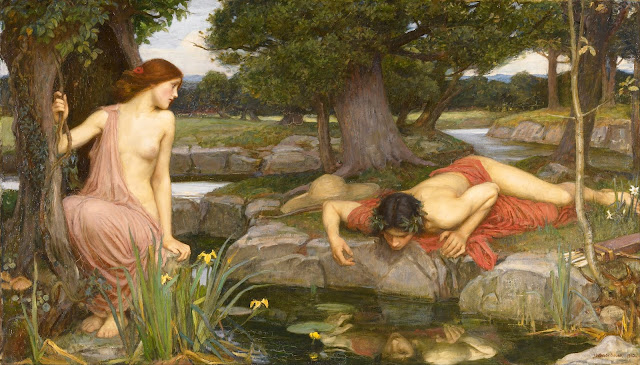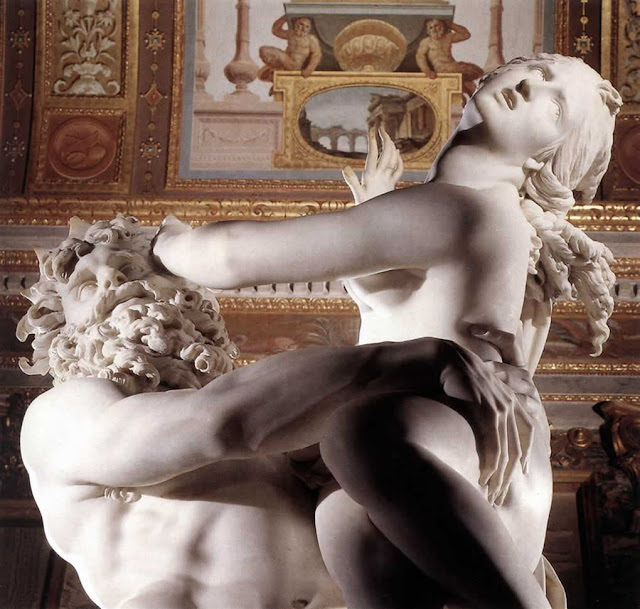Being and Fate
It is our fear of death that necessitates suicide as a fundamental question of modernity, as if death could bring us closer to being than anything we have. This is also the essence of romanticism, where we are at one with nature even though it forever evades us in the creation of new horizons. Pessimism is the other pole, where we are so close to death that we become petrified by it.
Kant's moral law of never dying in a mound of cowshit, while praying that such a fate befalls the man next to him. This is the result of Aristotle's unlucky fate in being struck with the arrow of Zeno's Paradox. Man is one being, and our instruments make it so.
Being exists in moments of peace before death, when our spirit is discarded only to achieve greater strength. We exist between worlds, it is as if a shard had been torn from us, and then crystallizes as a saecellum. Here our essence continues to exist beyond the laws of time. Memory becomes extremely powerful, the place left behind by being forms as a polluted region, or as if a hidden monument pulls at our senses. Prostration of entire lands, wending through the forest. The snake is blinded in moulting; man abandons his metaphysical laws and they become more forceful.
And yet Aristotle must have had some luck if he has survived. Death brings its own form of peace, a moral law that persists beyond the contradictions of movement. Aristotle lives on in a world built upon Zeno's Law of the Stadium. Truth persists beyond the realism of its monuments.
Heidegger comes closest to a description of being in the field path. This is telling, as the theoretical analysis of being is more like the cadaver dog tracking a missing person. Heidegger's path returns the human subject, but it remains a bourgeois understanding. Being is not only a positive, affirming experience, neither is it a transitional territory - it is dominion, that which resounds eternally even within such limiting poles. The song of the slave, the poem of the madman; such ephemeral eruptions remain as the light of the a priori in our era, just as bronze existed as the mirror of form in ancient times.
In music we hear the echo of being, that which survives the storm of arrows beyond all laws of time - where even the destroyed persist in fate. One must imagine armies of the dead gathered in the field, their own path. Following them we find that only the Keres may return us to a realm of long abandoned laws.
Iphigenia's peace, the torture of Prometheus, the call of misunderstanding and unity between Narcissus and Echo, Actaeon's return to nature - these are the greatest descriptions of being possible. Our essence reconciles with Fate as we stand in judgement before Atlas. The vast horizon cascades into the waters of Lethe.
"Flee from me," the ineffable law of the universe. Yet one that must be resisted if we are ever to return to being.



Comments
Post a Comment